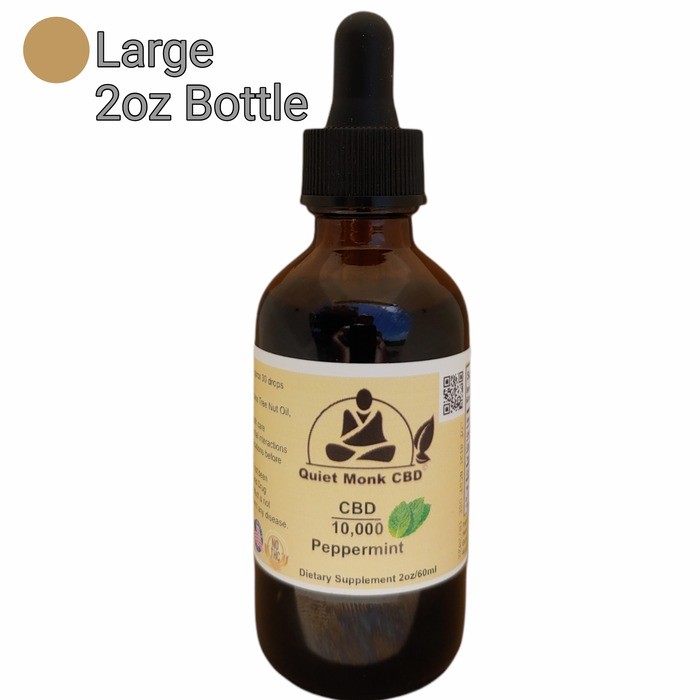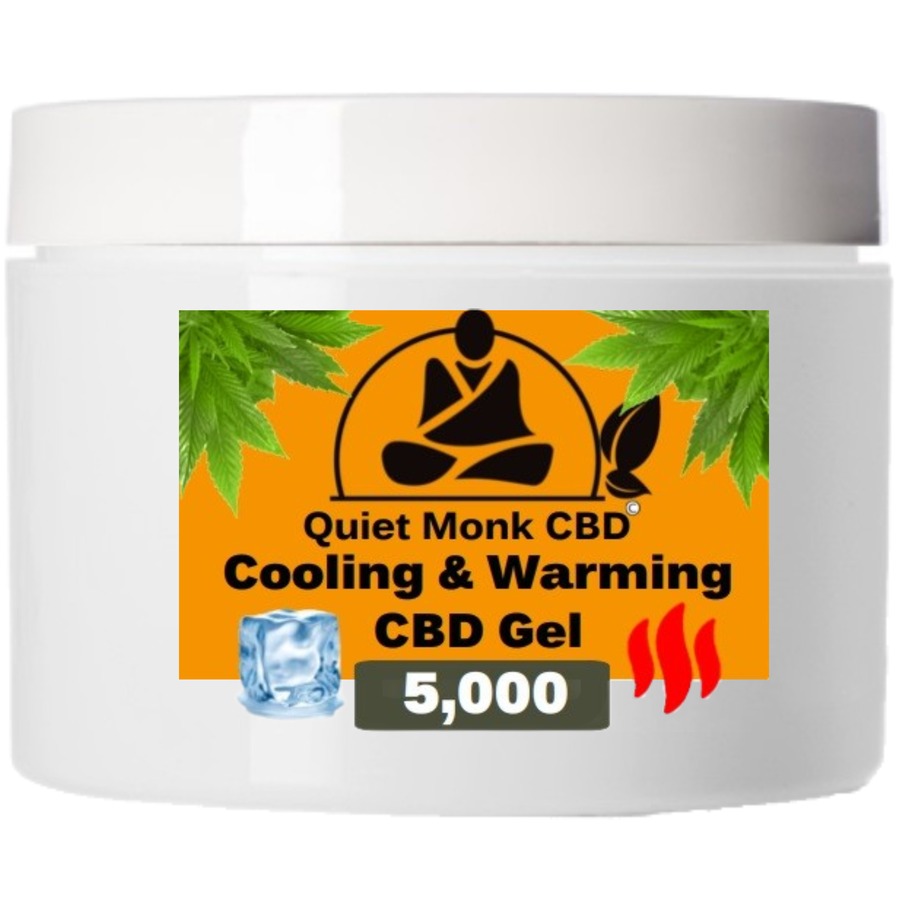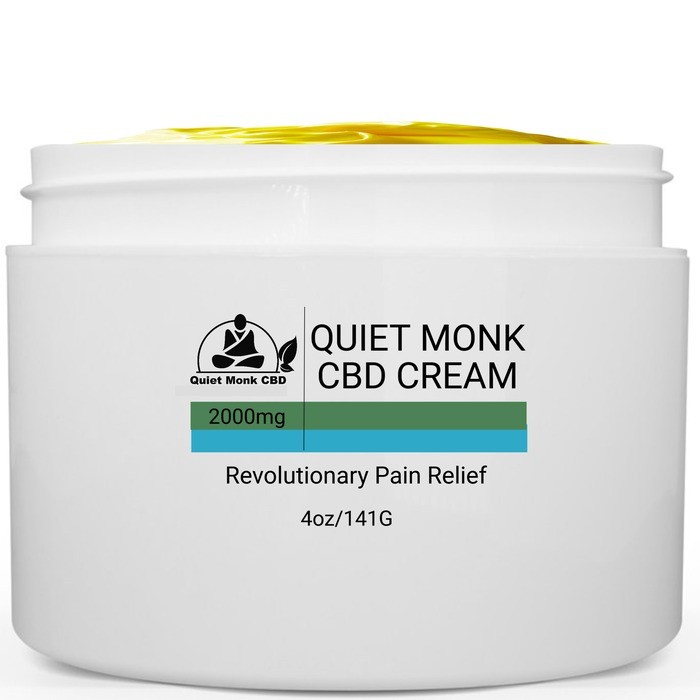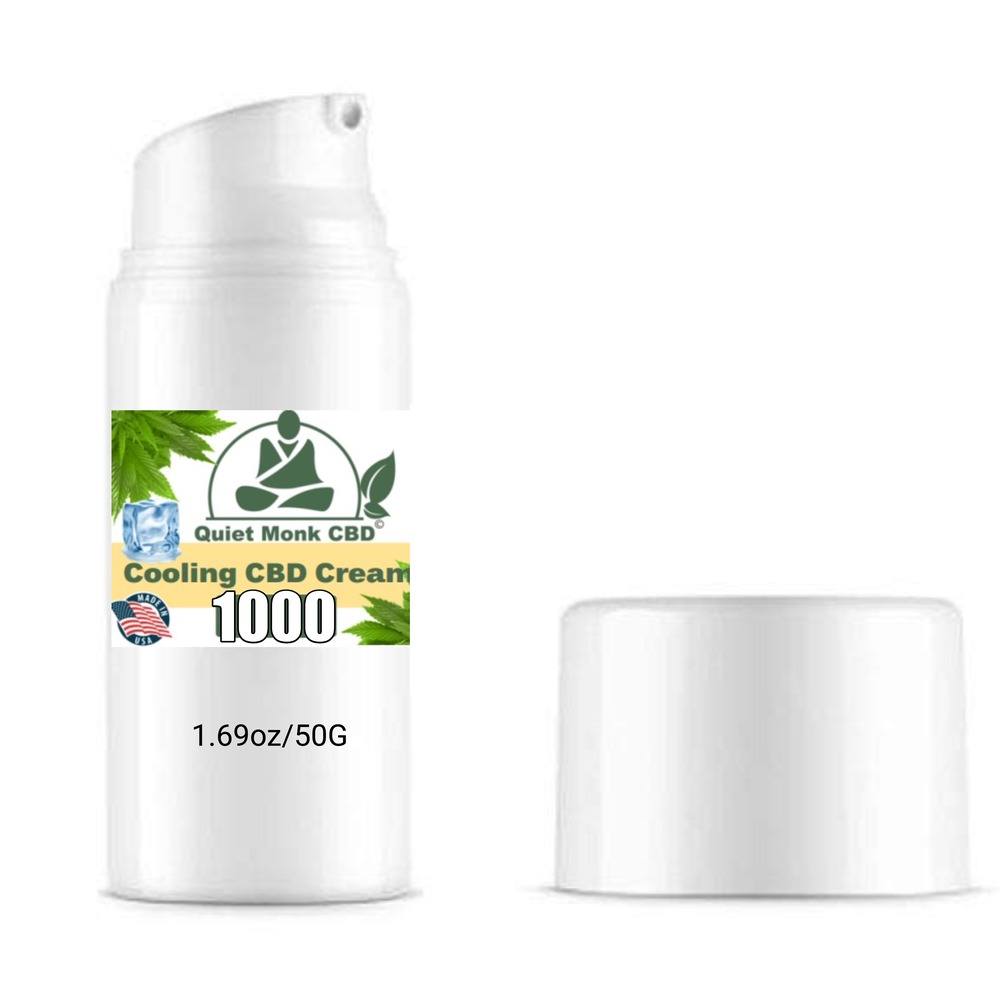Introduction to CBD
CBD, or Cannabidiol, is a popular remedy found naturally in the cannabis plant. It interacts with the body’s Endocannabinoid System to reduce pain, inflammation and other bodily functions. Unlike marijuana, it doesn’t cause euphoria or altered mental states.

Many athletes are incorporating CBD into their wellness routines. They think it could improve recovery time, increase training intensity and reduce inflammation. But, there isn’t enough scientific evidence to prove this yet. So, could CBD hinder an athlete’s performance?
CBD can help, but too much of it can have negative effects. Overconsumption may cause fatigue and dry mouth – which could harm an athlete’s performance.
Therefore, athletes should speak to healthcare professionals before using CBD. Unique plans should be crafted to suit individual needs – not forgetting existing treatments in place of untested remedies like CBD.
It’s a modern chill pill, made from plants – without funny side effects like giggles or a sudden pizza craving!

What is CBD?
Cannabidiol, more commonly known as CBD, is found in the Cannabis Sativa plant. It’s non-psychoactive, so won’t give you a euphoric high. Rather, it’s believed to have potential therapeutic benefits, such as relieving pain and reducing symptoms of anxiety and depression.
Some athletes think CBD could help them recover faster from injuries and reduce inflammation. But research into its effects on athletic performance is still in its early stages. We don’t know if it can enhance endurance or improve reaction time. And there are fears it may result in a positive drug test for THC, which is prohibited by most sports organizations.
Despite this, many athletes are using CBD in their training and recovery programs. The more research we do, the better understanding we may get of how CBD interacts with the body and its impact on athletes.
What’s interesting is, attitudes towards cannabis legalization have led some sports organizations to re-examine their policies on cannabis use among athletes. Some have even allowed the use of topical creams containing CBD for pain relief, as long as they have no THC.

How CBD works
CBD: A Boost for Athletic Performance?
CBD is a natural compound from the cannabis plant. It interacts with the body’s endocannabinoid system to help regulate mood, pain, and inflammation. By linking with cannabinoid receptors, CBD may reduce anxiety and pain.
Athletes have started to wonder if CBD might be useful. Studies suggest it may reduce inflammation and pain, which could help with post-workout or injury recovery. Yet, more research is needed to understand how CBD affects the body and athletic performance.
CBD is not a miracle cure or performance enhancer. It could help some athletes; others may not find it useful. Before taking CBD, it’s best to talk to a healthcare provider – especially if you are already taking other medicines or have health issues.
More research is needed to figure out CBD’s impact on athletic performance. It’s wise to speak to your healthcare provider before starting any supplement.

CBD and Athletic Performance
To optimize your athletic performance, you might have considered using CBD as a supplement. CBD has been found to have promising advantages for athletes, but it also raises some concerns. In this section discussing CBD and Athletic Performance with CBD Benefits for Athletic Performance and CBD Risks for Athletic Performance, we’ll explore the advantages and disadvantages of CBD as it relates to sports and fitness.

CBD Benefits for Athletic Performance
CBD could possibly boost athletic performance. Its advantages for athletes include: reduced inflammation, pain relief, better sleep, anxiety reduction, focus improvement, and faster recovery time. Plus, CBD is non-intoxicating and does not have the same risks as traditional medications.
It’s essential to keep in mind that there is only anecdotal evidence backing these claims. Consulting with a health professional before incorporating CBD into your routine is absolutely essential.
To get the potential perks of CBD for athletic performance, athletes might attempt products such as topical creams or salves on sore muscles, or take oral forms like tinctures or capsules. Add a consistent exercise routine and balanced diet plan with advice from a healthcare professional to maximize the effects of using CBD. If you are worn out from pain, CBD might just be the ideal teammate for your pain management routine.
Pain Management
CBD has potential to manage pain in athletes. It interacts with the body’s endocannabinoid system. This may reduce inflammation and ease pain. It can be a good alternative to traditional medications.
People who use CBD for pain management have seen better recovery times, and reduced use of opioids. One study found that using topical CBD before exercise lessens muscle soreness afterward. Another showed that CBD creams work on rats with arthritis.
Humans too have seen positive results with chronic neuropathic pain. Before you use CBD for pain management, talk to a healthcare professional. Especially if you’re taking other medicines or have medical conditions.
Pro Tip: After a tough workout, CBD can help you recover faster than your ex after a breakup!
Muscle Recovery
Repairing and recovering muscles after exercise is important for athletes to perform well. NLP suggests CBD, a natural anti-inflammatory, can help reduce body inflammation and aid muscle recovery. It interacts with the endocannabinoid system and helps regulate immune responses, helping damaged tissues heal quicker.
Studies also show CBD increases deep sleep, which helps with muscle recovery during rest. This is especially good for those doing high-intensity workouts or competitions.
It’s important to remember everyone reacts differently to CBD. Consult a doctor before adding it to your routine.
One athlete suffering from chronic pain and inflammation tried CBD and saw improved muscle recovery.
Anxiety and Stress Reduction
CBD may offer athletes major benefits! It can reduce anxiety and stress, thus helping mental well-being and focus. Studies reveal that CBD interacts with neurotransmitters and receptors like serotonin and GABA. This helps manage competition and training-related anxiety.
Plus, it can reduce physical stress symptoms. It can even improve cognitive functions and emotional regulation in stressed individuals.
Incorporating mindfulness practices like meditation and breathing exercises with CBD can boost its impact. Exercise, too, is an effective tool for lessening anxiety and stress.
To make sure to get the most out of CBD, timing and dosage are important. Start with a low dose and increase gradually. Taking it at least 30 mins before training or competition allows time for absorption. With an integrated approach to health, athletes can have clearer minds, reduced anxiety and improved performance.
Improving Sleep Quality
Quality Sleep Improvement with CBD!
CBD is thought to improve sleep quality in athletes. Quality sleep aids muscle recovery, reduces inflammation, and boosts mental health. Using CBD regularly can create a calming feeling, leading to improved sleep patterns.
Studies show that CBD connects with specific receptors in the brain, which regulate sleep-wake cycles. With its anti-anxiety properties, CBD helps fight restlessness and anxiety that keep people from getting enough sleep. Plus, CBD has muscle-relaxing qualities that help reduce post-workout aches, allowing for a peaceful sleep.
It’s important to remember that quality sleep is essential for athletes to perform at their best. It influences cognitive functions and is a critical part of several processes in the body. Adequate deep sleep triggers hormone release, such as testosterone or HGH, which athletes need to build lean muscle and recover quickly during training. Without proper rest, alertness, recovery time, endurance, and performance will all suffer.
For this reason, including CBD oils or edibles in daily routines can make a huge difference in quality of life, by improving sleep habits. However, it’s recommended to speak with medical professionals before introducing these products into regimes. Finally, there’s an effective way for athletes to tackle inflammation, without sounding like a middle-aged parent discussing sciatica!
Anti-inflammatory properties
CBD’s potential for therapeutic benefits in athletics is huge! It combats inflammation, which is often seen in sports injuries. It interacts with our natural endocannabinoid system (ECS), leading to less inflammation and pain. This helps athletes recover faster and perform better.
Plus, CBD doesn’t have the downsides of traditional nonsteroidal anti-inflammatory drugs (NSAIDs). Over-the-counter painkillers might cause stomach bleeding or kidney damage, but CBD offers a safer alternative without impairing motor skills or causing addiction.
Research also shows that CBD activates pathways that reduce oxidative stress and increase antioxidants. It reduces reactive oxygen species (ROS) and positively affects mitochondrial function. All this leads to lower inflammation levels after intense physical activity.
Why not give CBD a try in your post-workout recovery routine? It can help heal muscles and prevent chronic inflammation due to repetitive strain. You could use CBD topicals like creams or balms directly on sore areas. Alternatively, take capsules, tinctures, or gummies daily to benefit from its anti-inflammatory effects. Protect your brain and score some gains with CBD’s neuroprotective reign!

Neuroprotective Properties
Cannabidiol (CBD) could protect the brain from damage. It reduces inflammation and oxidative stress, which might help limit harm from high-impact sports. CBD also has anxiolytic effects, which could reduce pre-competition anxiety and improve sleep. Plus, athletes who use CBD say it helps manage pain without bad side effects. But, always check with a healthcare professional first. Doing sports without CBD is like running a marathon without stretching–risky!
CBD Risks for Athletic Performance
Using CBD for athletic performance has its risks. Research indicates it can affect coordination, reaction time and motor function, which can impact performance.
Also, CBD may lead to a positive doping test if the supplement contains more than the legal limit of THC.
Athletes must be mindful when consuming CBD products, and make sure they come from reliable sources with third-party lab testing results.
It’s important to note that the FDA has not yet approved CBD for therapeutic use, so anyone using it takes on the risk.
A World Anti-Doping Agency study found that up to 70% of CBD products have inaccurate labeling or illegal amounts of THC. So, athletes must research and select CBD products carefully to avoid any negative consequences.
A Sports Medicine study reveals that little is known about the effects of CBD on athletic performance.
In conclusion, CBD might not be able to help you with your skipping leg day excuses, but be aware of the potential side effects!
Potential Side Effects
CBD and Athletic Performance – Uncovering Probable Negative Results
Athletes and fitness fanatics are increasingly turning to CBD as a natural remedy for pain, soreness, and inflammation. Although CBD is commonly thought of as safe and well-tolerated, there can still be possible side effects that athletes should be aware of.
The following are possible negative effects of CBD use:
- 1. Dry mouth or higher thirst.
- 2. Fatigue or drowsiness.
- 3. Nausea or gastrointestinal distress.
- 4. Changes in appetite or weight.
- 5. Interaction with other medications taken together for an existing medical condition.
These possible adverse effects may not happen to everyone who takes CBD, so it’s essential to remain informed about them to prevent any undesired results.
Professional athletes must consult their healthcare provider before beginning CBD intake, since they must avoid barred substances according to World Anti-Doping Agency regulations.
Top Tip: Buy high-quality CBD products from reliable sources to guarantee you get what you pay for without any unwelcome additives or impurities. With THC contamination, the only record you’ll be breaking is the amount of time spent in the bathroom!
Risks of THC Contamination
Potential Drawbacks of Trace THC in CBD Products
Athletes must be careful about THC contamination in their CBD supplements. Even trace amounts can lead to disqualification from competitions, as well as legal issues.
THC is a psychoactive compound found in marijuana. Even tiny traces of THC can be detected in drug tests, which can hurt an athlete’s career. The legal limit for THC content is 0.3% or lower in many countries.
Athletes should only buy CBD products from manufacturers with updated lab results that show public access. These third-party labs provide info on the quality and purity of the product, including potential contaminants like pesticides, heavy metals, and THC.
Athletes should not underestimate the risks of contaminated CBD supplements. Choosing quality CBD products will prevent any sanctions that could damage an athlete’s reputation.
History has shown cases of athletes mistakenly consuming other cannabis products, thinking they were safe Hemp-derived options during their training regimen. #JustSayNope is an anti-drug campaign to raise awareness about teen drug use and abuse.
Finding the right CBD dosage for athletic performance is similar to finding the right balance in a yoga pose – it takes practice and patience.
CBD dosage for Athletes
Athletes can find it difficult to determine their ideal CBD dose. It depends on things like weight, tolerance, and desired outcome.
A Table reveals that the perfect CBD dosage can vary between training and recovery days. During training, a lower dose of 10-30mg is recommended for better concentration and reducing swelling. For after-workout recovery, higher doses up to 60mg are suggested to ease pain and lessen muscle soreness.
It’s essential for athletes to talk to their healthcare provider before taking CBD. They should discuss medication interactions, side effects, possible advantages, and dangers before use.
For athletes to get the most from CBD, they should go for high-quality CBD, designed for active lifestyles. Full-spectrum products over isolates are better at minimizing swelling and muscle soreness, and have extra nutritional benefits. CBD could be legal in some sports, but it’s still illegal to dance with it.
CBD’s Legal Status in Sports
CBD’s legal status in sports can be confusing for athletes. The NFL is researching its effects on pain management without punishing users, while the MLB has removed it from its list of banned substances. However, some states have their own regulations. It’s important to stay up to date with scientific literature and consult physicians before using CBD products.
Australian athlete Lauren Simpson used CBD-infused topical cream for her recovery process. She stated it helped her greatly and eased her discomfort on post-workout days. Utilizing CBD infused topicals or edibles instead of traditional over-the-counter drugs could help athletes proactively aid muscle recoveries between heavy training bouts.
Sorry CBD, it looks like your performance-enhancing days are over.
Conclusion
Athletes ask: Could CBD enhance performance? Results from many studies show promise. But there is a lack of regulation in the industry. Dosage, quality, source must be considered before using CBD. Neglecting this could lead to adverse effects. More research is needed for safe usage.
Researchers worldwide want to understand how CBD affects performance. Athletes report benefits like reducing anxiety and pain perception. But, more studies are needed to draw conclusions about performance enhancement. We must investigate how different athletes can benefit from CBD products.
Ryan Vandrey from Johns Hopkins Hospital tells a story. An ultramarathoner tested positive for THC metabolites despite taking hemp oil with no THC before his race. This shows the need for third-party testing and well-regulated medical-grade CBD products. Therefore, athletes must get advice from cannabis-based medicine experts before using new supplements.
Frequently Asked Questions
1. What is CBD?
CBD is a natural compound extracted from the hemp plant that is known for its therapeutic properties.
2. Does CBD hinder athletic performance?
No, CBD does not hinder athletic performance. In fact, it has been shown to have potential benefits for athletes, such as reducing inflammation and aiding in muscle recovery.
3. Is CBD legal for athletes to use?
Yes, CBD is legal for athletes to use. The World Anti-Doping Agency (WADA) removed CBD from its list of banned substances in 2018.
4. How should athletes consume CBD?
Athletes can consume CBD in a variety of ways, such as through topical creams, oils, capsules, or tinctures. It’s important to find a reputable brand and consult with a healthcare professional before starting to take CBD.
5. What are the potential side effects of taking CBD?
Although CBD is generally considered safe, some people may experience side effects such as dry mouth, drowsiness, and changes in appetite or mood.
6. Can CBD replace other medications or treatments for athletic injuries?
No, CBD should not be used as a replacement for other medications or treatments for athletic injuries. It can be used as a complementary therapy, but athletes should always consult with a healthcare professional before making any changes to their treatment plan.
